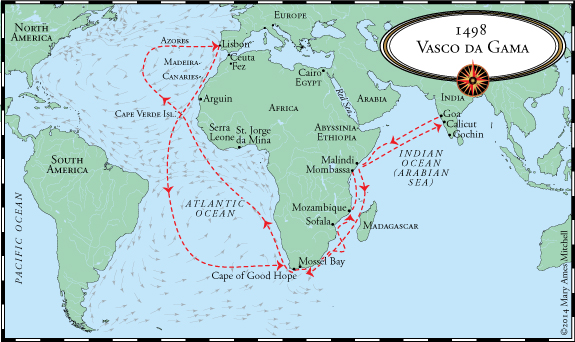Peter Frankopan: The events of 1498 changed our world
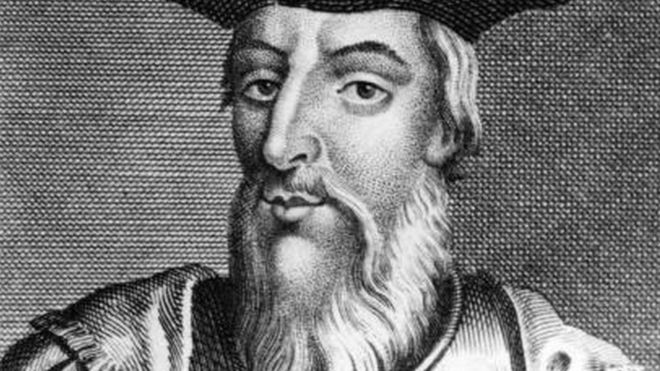 GETTY IMAGES – 1498 was a pivotal year, with Vasco da Gama opening up trade routes with India and South East Asia
GETTY IMAGES – 1498 was a pivotal year, with Vasco da Gama opening up trade routes with India and South East Asia
2016 has been a momentous year. BBC Radio 4’s Today programme asked top historians whether there were parallels with years gone by.
For many, the world of 2016 has felt strange, unfamiliar and threatening. Brexit, the election of Donald Trump, the refugee crisis, the horror of Aleppo, and fear of religious and political fundamentalism have all been unsettling.
Set those alongside the attempted coup this summer in Turkey, the re-emergence of Iran, Putin’s geopolitical chess-playing, and worries about the buoyancy of China’s economy and its growing ambitions along the Silk Roads and it is not surprising that this year has felt like change is all around us.
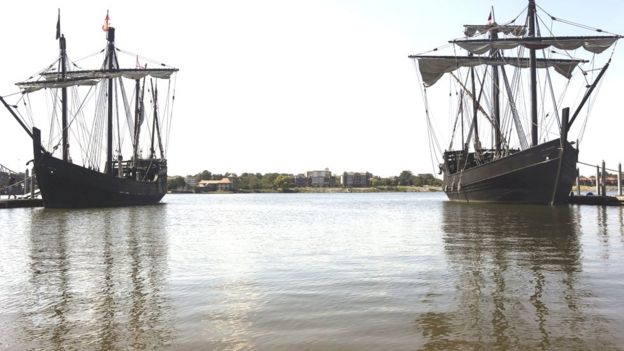 CRYSTAL VANDERWEIT – 1492 Christopher Columbus crossed the Atlantic in ships like these
CRYSTAL VANDERWEIT – 1492 Christopher Columbus crossed the Atlantic in ships like these
It’s nothing compared to the late 15th Century.
In 1492, Christopher Columbus crossed the Atlantic, claiming to have found untold riches and the gates of Paradise itself.
Although his initial pickings were meagre, it was not long before the gold and silver of the Aztec and Inca world were flooding back to Europe.
That was important.
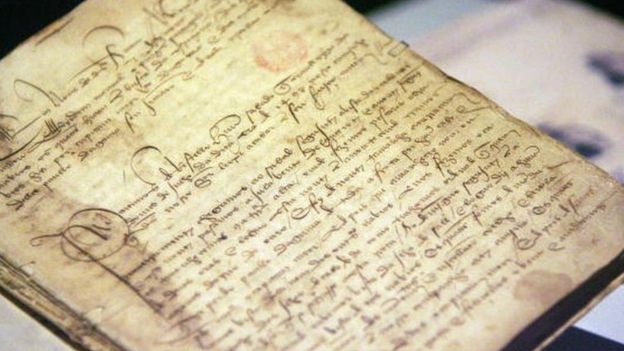 MICHAEL KAPPELER/AFP/GETTY – Diary of Portuguese explorer Vasco da Gama, whose travels made Europe the heart of global trading
MICHAEL KAPPELER/AFP/GETTY – Diary of Portuguese explorer Vasco da Gama, whose travels made Europe the heart of global tradingBut the really decisive moment came in 1498, when Vasco da Gama rounded the southern tip of Africa and opened up trade routes with the Gulf, India and eventually beyond into South East Asia.
Europe was transformed from being at the wrong end of the major global trade routes to being at their heart geographically, economically and strategically.
Never before had the transformation of fortunes been so profound and so fast.
For the first time in history, Europe became the centre of the world.
And Europe’s own centre of gravity shifted too, to the west and to the north.
The shockwaves of change were keenly felt at the time.
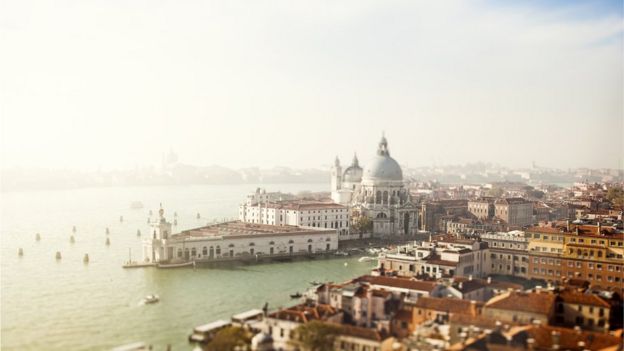 ALIJA /ISOCK – It was feared Venice was doomed once the new sea routes were discovered
ALIJA /ISOCK – It was feared Venice was doomed once the new sea routes were discoveredOne loud voice in Venice told all who would listen that the discovery of new routes across the seas meant nothing less than the end for that city.
Some rubbed their hands with glee, rejoicing that Venice would surely sink back into the swamp from which it had risen.
It was the beginning of the end for the old order. That gloomy prognosis was broadly right.
Venice never had it so good again.

Events in 1498
- 20 May – Portuguese explorer Vasco da Gama arrives at Calicut, India, becoming the first European to reach India by sea
- 21 June – Jews are expelled from Nuremberg, Bavaria, by Emperor Maximilian
- 26 June – Toothbrush invented in China using boar bristles
- 7 July – Emperor Maximilian I establishes choir of Imperial Chapel
- 31 July – Christopher Columbus, on his third voyage, discovers the island of Trinidad
- 14 August – Christopher Columbus becomes the first European to visit what is now Venezuela
Western Europe rose at the expense of the East – and it was not long before its tentacles sprawled around the world.
The consequences – and the rewards – were immense.
What followed over the next four centuries was nothing less than global domination as empires were built that spanned continents.
I think that when we look back at 2016 in years to come, it will not be seen as anything like as pivotal a moment as 1498 – though much depends on decisions taken in the next year or two in Europe, the US, Russia, Iran, China and the rest of Asia.
The roots of what we have seen this year did not form in the past 12 months.
That alone is important to recognise. But studying history teaches you that change is normal – and its march cannot be stopped.
Peter Frankopan is a senior research fellow at Worcester College, Oxford, and director of the Oxford Centre for Byzantine Research.
